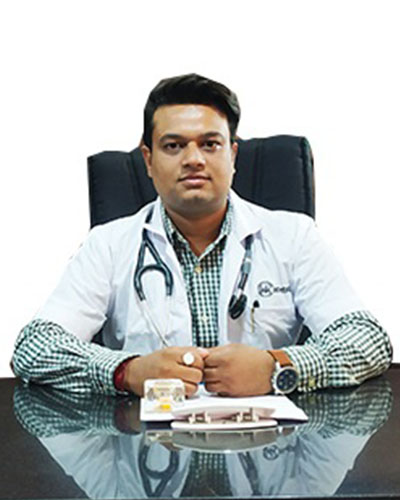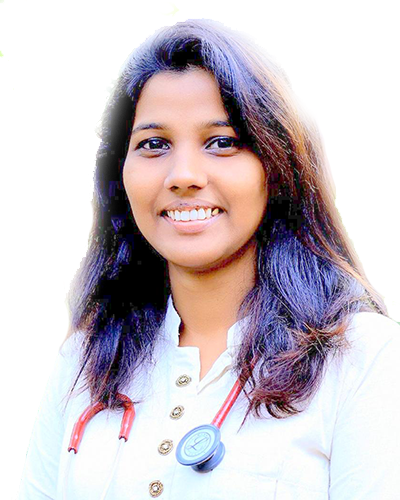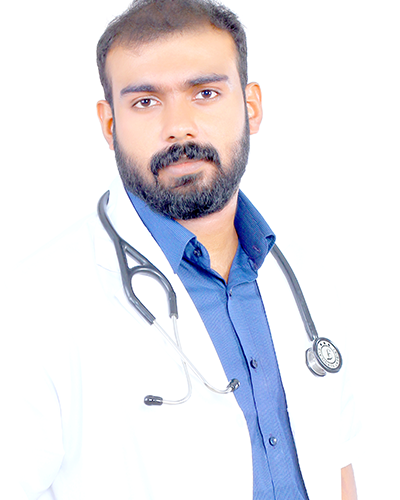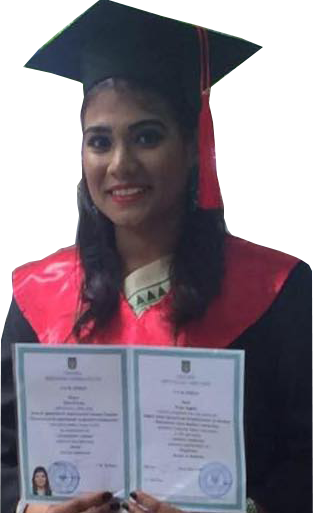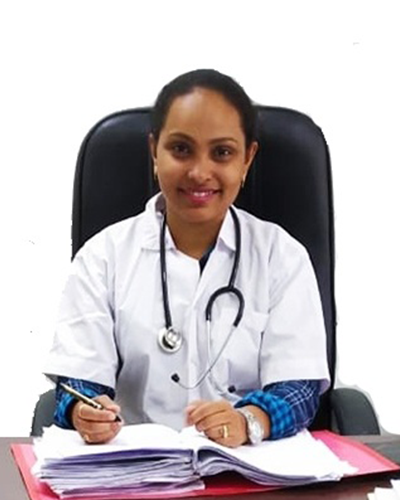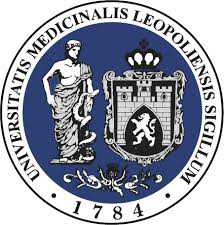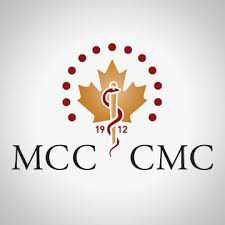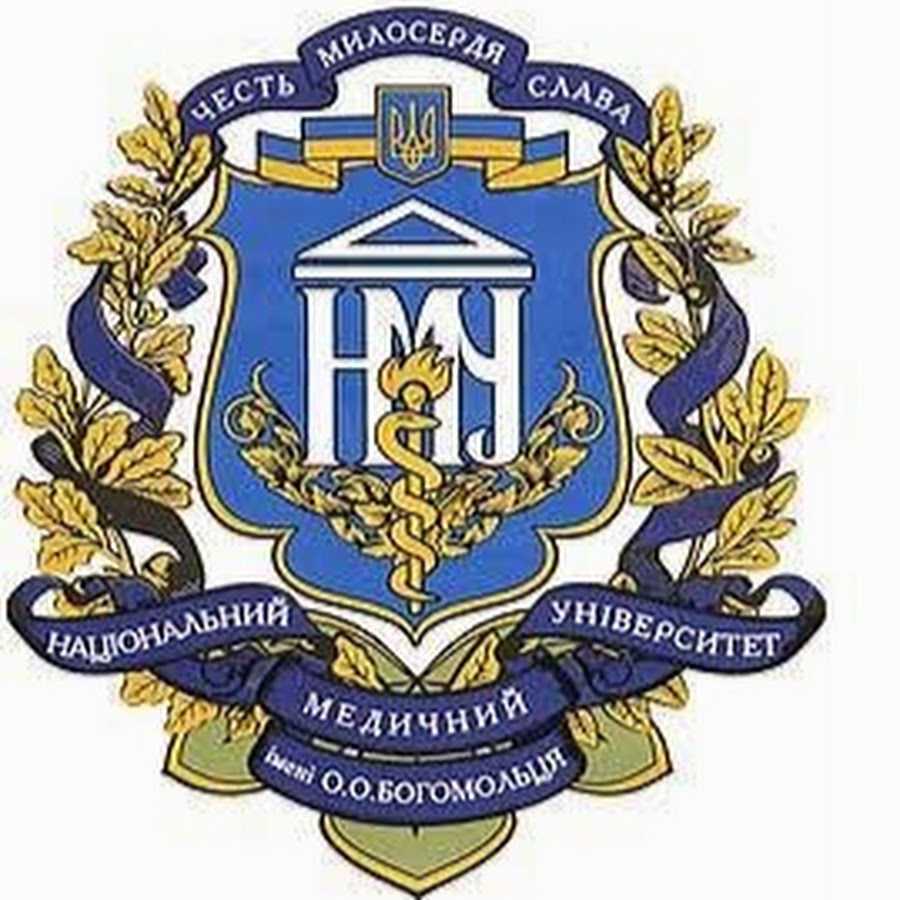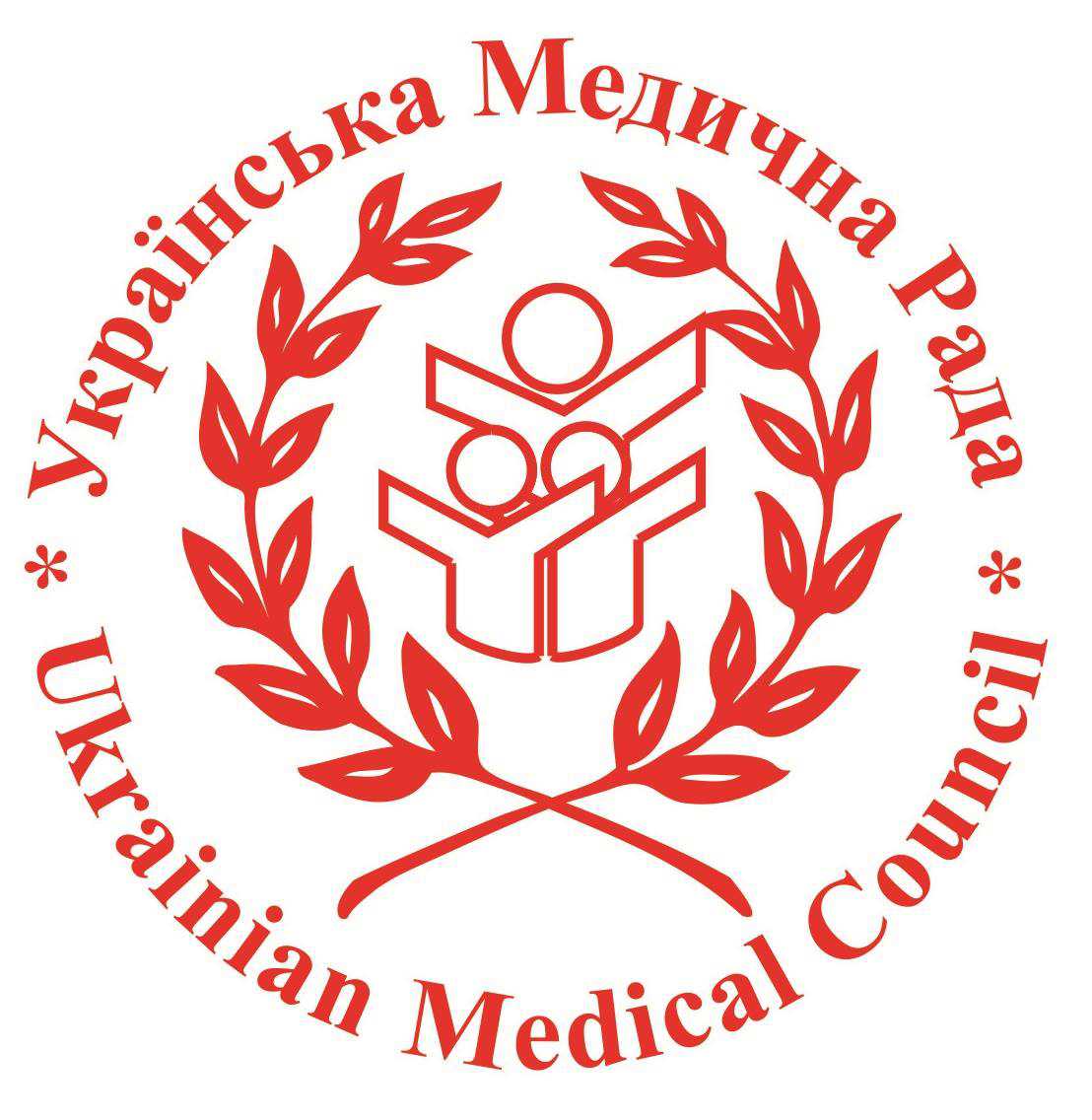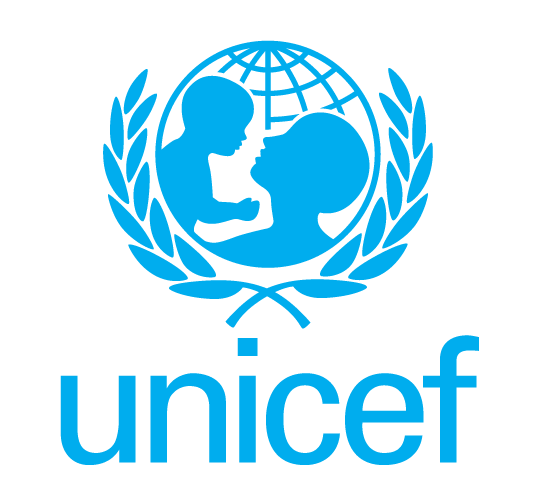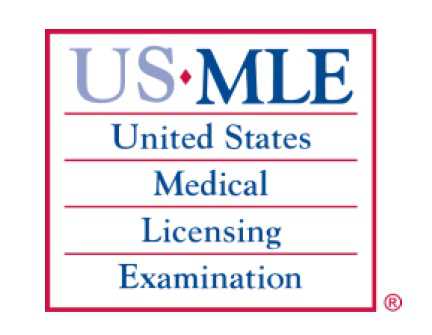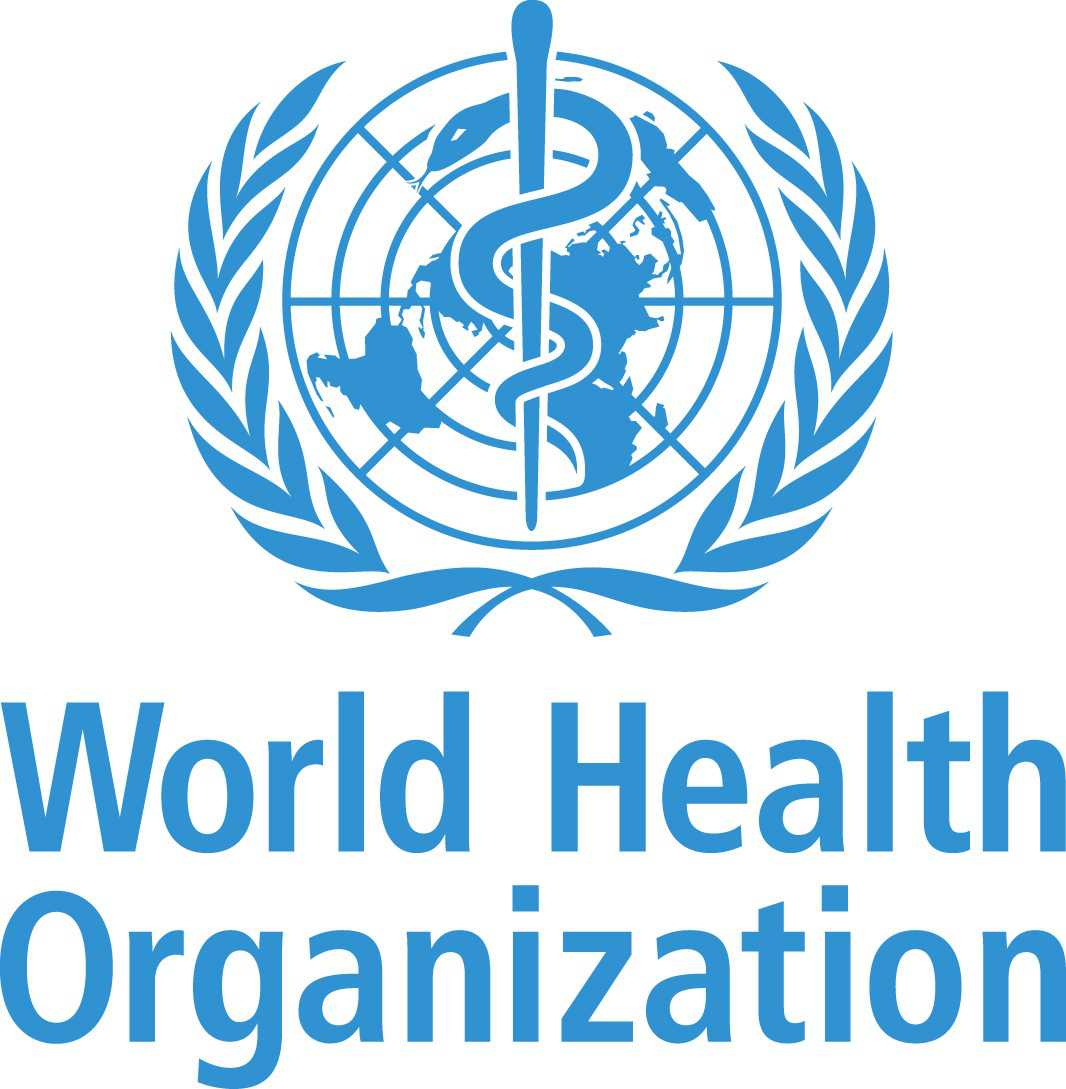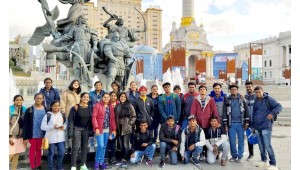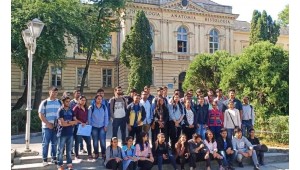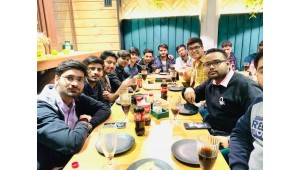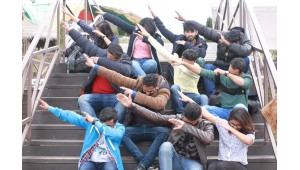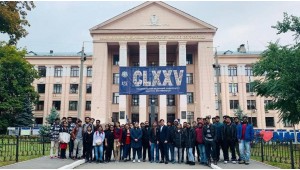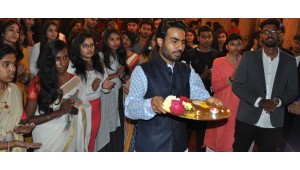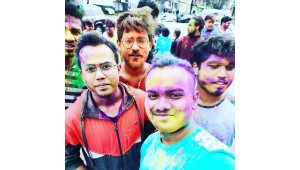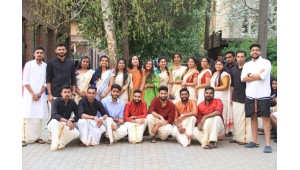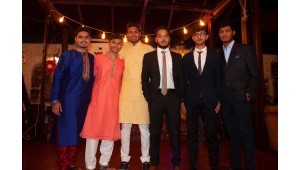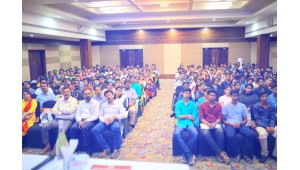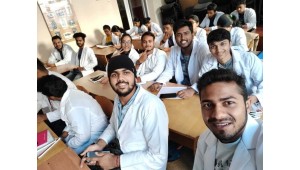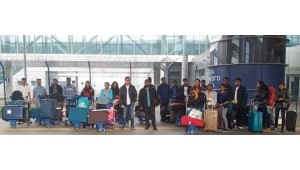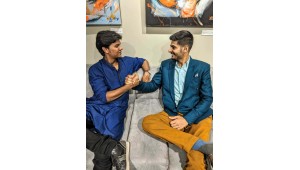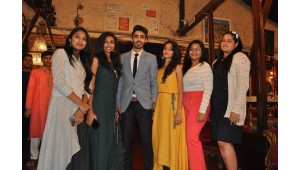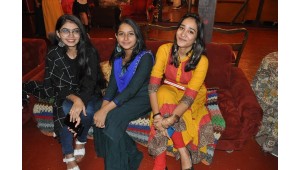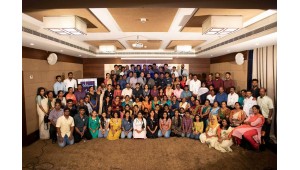KIST MEDICAL COLLEGE
KIST MEDICAL COLLEGE & TEACHING HOSPITAL
LALITPUR, NEPAL.
MAP LOCATION
One of the major and important air service in the country is Tribhuvan International Airport. which serves the nation's capital and the country's largest metropolitan city of Kathmandu.
Airports : Pokhara International Airport, Gautam Buddha International Airport
We MBBSUNIVERSITIES.COM guarantee you admission in the best medical colleges of NEPAL with the best fee package.
We the team of doctors in MBBSUNIVERSITIES.COM had enough research through the medical colleges in NEPAL and we will guide you to select the colleges for MBBS in NEPAL
We guarantee you the cheapest package and minimum consultancy charges for MBBS ABROAD KIST MEDICAL COLLEGE NEPAL is Recognised by WHO and Medical council of India we are the No. 1 MBBS admission In Abroad Education guideline providers in India because we are doctors not agents. Just call our doctors because doctors can guide students better than agents - 1800-123-5619
They will provide you Step-by-step Guide for MBBS in Abroad and will help you to get DIRECT ADMISSION IN MBBS
DURATION OF THE COURSE – 5+1
MEDIUM OF INSTRUCTION – ENGLISH
CURRENCY - RUPEE
EXCHANGE RATE
1NEPALI RUPEE – 0.63 INR
NATIONAL LANGUAGE - NEPALI
ABOUT THE COUNTRY
The name "Nepal" is first recorded in texts from the Vedic period of the Indian subcontinent, the era in ancient India when Hinduism was founded, the predominant religion of the country. In the middle of the first millennium BCE, Gautama Buddha, the founder of Buddhism, was born in Lumbini in southern Nepal. Parts of northern Nepal were intertwined with the culture of Tibet. The centrally located Kathmandu Valley is intertwined with the culture of Indo-Aryans, and was the seat of the prosperous Newar confederacy known as Nepal Mandala. The Himalayan branch of the ancient Silk Road was dominated by the valley's traders. The cosmopolitan region developed distinct traditional art and architecture. By the 18th century, the Gorkha Kingdom achieved the unification of Nepal. The Shah dynasty established the Kingdom of Nepal and later formed an alliance with the British Empire, under its Rajput Rana dynasty of premiers. The country was never colonised but served as a buffer state between Imperial China and British India. Parliamentary democracy was introduced in 1951, but was twice suspended by Nepalese monarchs, in 1960 and 2005. The Nepalese Civil War in the 1990s and early 2000s resulted in the proclamation of a secular republic in 2008, ending the world's last Hindu monarchy.
The Constitution of Nepal, adopted in 2015, establishes Nepal as a federal secular parliamentary republic divided into seven provinces. Nepal was admitted to the United Nations in 1955, and friendship treaties were signed with India in 1950 and the People's Republic of China in 1960. Nepal hosts the permanent secretariat of the South Asian Association for Regional Cooperation (SAARC), of which it is a founding member. Nepal is also a member of the Non Aligned Movement and the Bay of Bengal Initiative. The military of Nepal is the fifth largest in South Asia; it is notable for its Gurkha history, particularly during the world wars, and has been Nepal has five climatic zones, broadly corresponding to the altitudes. The tropical and subtropical zones lie below 1,200 metres (3,900 ft), the temperate zone 1,200 to 2,400 metres (3,900 to 7,900 ft), the cold zone 2,400 to 3,600 metres (7,900 to 11,800 ft), the subarctic zone 3,600 to 4,400 metres (11,800 to 14,400 ft), and the Arctic zone above 4,400 metres (14,400 ft).
Nepal experiences five seasons: summer, monsoon, autumn, winter and spring. The Himalaya blocks cold winds from Central Asia in the winter and forms the northern limit of the monsoon wind patterns. In a land once thickly forested, deforestation is a major problem in all regions, with resulting erosion and degradation of ecosystems.
Nepal is popular for mountaineering, having some of the highest and most challenging mountains in the world, including Mount Everest. Technically, the southeast ridge on the Nepali side of the mountain is easier to climb, so most climbers prefer to trek to Everest through Nepal.
A significant contributor to United Nations peacekeeping operations
ABOUT THE CITY
Lalitpur Metropolitan City, historically Patan is the third largest city of Nepal after Kathmandu and Pokhara and it is located in the south-central part of Kathmandu Valley which is a new metropolitan city of Nepal. Lalitpur is also known as Manigal. It is best known for its rich cultural heritage, particularly its tradition of arts and crafts. It is called city of festival and feast, fine ancient art, making of metallic and stone carving statue. Lalitpur is a city of fine arts. It is situated about 5 km south-east of Kathmandu, the capital of Nepal. Lalitpur is an ancient little city that is jam-packed with interesting history and heritage, epitomized by the Buddhist monuments and Hindu temples. The diversity of the medieval culture that allowed both Hinduism and Buddhism to flourish has left a rich legacy of impressive sightseeing in this city for today's visitors.
The city was initially designed in the shape of the Buddhist Dharma-Chakra.
The most important monument of the city is Patan Durbar Square, which has been listed by UNESCO as one of seven Monument Zones that make up the Kathmandu Valley World Heritage Site. The seven monument zones were included in the World Heritage List in 1979 as one integrated site.
Lalitpur was planned in Vihars and Bahils. Out of 295 Vihars and Bahils of the valley 56% of them are in Patan. The water conduits, stone spouts, Jaladroni (water tanks), artistic gate ways, Hindu temples and Buddhist Vihars adorn the city. The in-built cultural heritage like the royal palace, with intricately carved doors and windows and beautiful courtyards adorned with exquisite icons enhance the beauty of the city. Such art pieces are found in stone, metal, terracotta ivory and other objects. All these artifacts exhibit artistic excellence of the craftsmen and the whole city looks like an open museum.
Education
Lalitpur is home to Pulchowk Engineering Campus, one of the oldest and most reputed colleges affiliated with the Institute of Engineering, Tribhuvan University. Patan Academy of Health Sciences is the only medical university in the city with Patan Hospital as its primary teaching hospital, and there is another medical school - KIST Medical College in Lalitpur.
Public transportation
Private companies operate a number of routes connecting Patan with other places in the valley. Buses, micro-buses and electric tempos are the most common forms of public transport seen in the city. Lalitpur Yatayat buses connects the touristic Thamel area of Kathmandu with buses stopping at Patan Dhoka, a five-minute walk to Patan Durbar Square. Lagankhel Bus Park is the central transport hub.
CLIMATE
Nepal has five climatic zones. The tropical and subtropical zones.
Nepal has five seasons: summer, monsoon, autumn, winter and spring. The Himalaya blocks cold winds from Central Asia in the winter and forms the northern limit of the monsoon wind patterns. In a land once thickly forested. Deforestation is a major problem in all regions.
Nepal is popular for mountaineering, having some of the highest and most challenging mountains in the world, including Mount Everest. Technically, the southeast ridge on the Nepali side of the mountain is easier to climb, so most climbers prefer to trek to Everest through Nepal.
FAMOUS PLACES OF NEPAL
Nepal is one of the developing under country. More people lives in the urban area.
Kathmandu is the largest city of Nepal. People of Kathmandu are lucky enough to travel in Aeroplane before any land transport. It is also called as the City of Temple as it has numerous temples of Hindus god and goddess and that's of Buddhism. It also have 5 UNESCO World Heritage Sites. It is one of the oldest city of South Asia. It is also the capital city of Nepal. It also have many palace and historically important sites such as Singha Durbar, The other largest cities of Nepal are Pokhara, Biratnagar, Lalitpur, Bharatpur, Birgunj, Dharan, Hetauda and Nepalgunj.
ABOUT THE COLLEGE
KIST MEDICAL COLLEGE
KIST Medical College located at a peaceful environment in Imadol, Lalitpur, was established in 2006 A.D. under the Institute of Medicine affiliated to the Tribhuwan University. Over the last decade, KIST Medical College has become one of the reputed medical colleges in Nepal and a number one learning destination and choice for students from across the country. KIST Medical College has a team of highly qualified and dedicated professionals and focuses in catering excellent education with the curriculum to meet the international standards. With the motto, “striving towards excellence in holistic healthcare education,”KIST Medical College aims to become the number one institute that fulfills both the academic needs as well as the health needs in Nepal.
The college has been meeting the needs and demands of the people through its hospital that constitutes of well-furnished physical infrastructures and updated technologies. KIST Medical College is always on an attempt to instill its students with world class education and ethical and moral values so that they can be internationally competent in their corresponding fields as well as socially responsible and responsive person.
Been set up with modern facilities for medical education and healthcare. MCOMS offers MBBS and PG courses in Basic Sciences and Clinical subjects.
Location of the KISTMC is a biggest advantage for the students. Tucked away from the typical crowd and pollution, the college is built in a peaceful environment, away from hassles of the city, with all facilities is ideal to study medicine in a tranquil location.
Tribhuvan International Airport is located at a distance of 6 kms.
According to the legend and historians, the location of the Academic block has been visited by the Emperor Ashoka. Manifestation of Ashoka Stupas shows his influence
Faculty of Medical Sciences
|
CLINICAL SCIENCES |
|
S.N |
Department |
Name of Faculty Member |
Designation |
|
1 |
INTERNAL MEDICINE |
Prof. Dr. Lakshman Prasad Tibrewala |
Professor |
|
2 |
Prof. Dr. Balaram Shrestha |
Professor |
|
3 |
Dr. Milesh Jung Sijapati |
Associate Professor |
|
4 |
Dr. Sagar Poudel |
Associate Professor |
|
5 |
Dr. Rabin Sharma |
Associate Professor |
|
6 |
Dr. Santosh Gautam |
Lecturer |
|
7 |
Dr. Mukesh Prasad Sha |
Lecturer |
|
8 |
Dr. Sanjeev Acharya |
Lecturer |
|
9 |
Dr. Rajeev Sharma |
Lecturer |
|
10 |
Dr. Sajana KC |
Lecturer |
|
1 |
GENERAL SURGERY |
Prof. Dr. K.P Singh |
Professor |
|
2 |
Dr. Rupesh Mukhia |
Associate Professor |
|
3 |
Dr. Kamal Koirala |
Associate Professor |
|
4 |
Dr. Kushal Karki |
Lecturer |
|
5 |
Dr. Suzita Hirachan |
Lecturer |
|
6 |
Dr. Chandra Man Prajapati |
Lecturer |
|
7 |
Dr Nishef Adhikari |
Lecturer |
|
8 |
Dr Abishek Thapa |
Lecturer |
|
9 |
Dr Ganesh Simkhada |
Lecturer |
|
10 |
Dr Sushil Dhungel |
Lecturer |
|
1 |
GYNAECOLOGY & OBSTETRICS |
Prof. Dr. Heera Tuladhar |
Professor |
|
3 |
Dr. Yam Prasad Dwa |
Lecturer |
|
4 |
Dr. Sunita Bhandari |
Lecturer |
|
5 |
Dr. Meenu Maharjan |
Lecturer |
|
6 |
Dr. Smriti Maskey Pradhan |
Lecturer |
|
7 |
Dr. Manisha Bajracharya |
Lecturer |
|
8 |
Dr. Minaxi Thakur |
Lecturer |
|
1 |
PEDIATRICS |
Prof. Dr. Ramesh Kant Adhikari |
Professor |
|
2 |
Prof. Dr. Devendra Shrestha |
Professor |
|
3 |
Dr. Ajaya Kumar Dhakal |
Associate Professor |
|
4 |
Dr. Henish Shakya |
Lecturer |
|
5 |
Dr. Saurav Kumar Singh |
Lecturer |
|
6 |
Dr. Prabha Devi Chhetri |
Lecturer |
|
7 |
Dr Sharada Acharya |
Lecturer |
|
8 |
Prof. Dr. Neelam Adhikari |
Professor (Visiting) |
|
1 |
ANESTHESIOLOGY |
Dr. Ram Bhakta Koju |
Associate Professor |
|
2 |
Dr.Tamanna Bajracharya |
Associate Professor |
|
3 |
Dr. Smriti Koirala |
Lecturer |
|
4 |
Dr. Anil Maharjan |
Lecturer |
|
5 |
Dr. Aashish Koirala |
Lecturer |
|
6 |
Dr Rosi Pradhan |
Lecturer |
|
1 |
ORTHOPEDICS |
Dr. Suraj Bajracharya |
Associate Professor |
|
2 |
Dr. Shriraj Shrestha |
Associate Professor |
|
3 |
Dr. Saurav Dahal |
Lecturer |
|
4 |
Dr Basant Maharjan |
Lecturer |
|
1 |
OPHTHALMALOGY |
Dr. Poojyashree Karki |
Associate Professor |
|
2 |
Dr. Pragya Singh Basnet |
Lecturer |
|
3 |
Dr. Anjila Basnet |
Lecturer |
|
1 |
ENT |
Dr. Sangita Regmi Chalise |
Associate Professor |
|
2 |
Dr. Subash Khadka |
Lecturer |
|
3 |
Dr Jeegyasha Thapa |
Lecturer |
|
1 |
ENT |
Dr. Sangita Regmi Chalise |
Associate Professor |
|
2 |
Dr. Subash Khadka |
Lecturer |
|
3 |
Dr Jeegyasha Thapa |
Lecturer |
|
1 |
PSYCHIATRY |
Prof. Dr. Pushpa Prasad Sharma |
Professor |
|
2 |
Dr. Neena Rai |
Lecturer |
|
3 |
Dr. Prabhakar Pokhrel |
Lecturer |
|
1 |
DERMATOLOGY |
Dr. Rima Shrestha |
Associate Professor |
|
2 |
Dr. Manisha Shrestha |
Lecturer |
|
1 |
RADIOLOGY |
Prof. Dr. Narayan Bikram Thapa |
Professor |
|
2 |
Dr. Ankur Shah |
Associate Professor |
|
3 |
Dr. Keshab Rijal |
Lecturer |
|
4 |
Dr. Anup Pradhananga |
Lecturer |
|
1 |
FAMILY MEDICINE |
Dr. Kabita Hada( Batajoo) |
Associate Professor |
|
2 |
Dr. Sneha Pradhananga |
Lecturer |
|
3 |
Dr. Trishna Shrestha |
Lecturer |
|
4 |
Dr Manjita Bajracharya |
Lecturer |
|
BASIC CLINICAL SCIENCES |
|
1 |
ANATOMY |
Prof. Dr. Prakash Man Dangol |
Professor |
|
2 |
Prof. Dr. Kishor Singh Basnet |
Professor |
|
3 |
Dr. Muna Kadel |
Associate Professor |
|
4 |
Ms.Shanta Hada |
Lecturer |
|
5 |
Ms.Tinku Kumari Pandit |
Lecturer |
|
1 |
PHYSIOLOGY |
Ms. Grishma Banskota Nepal |
Lecturer |
|
2 |
Dr. Bijaya Kusum Subedi |
Lecturer |
|
3 |
Dr. Niroj Maharjan |
Lecturer |
|
4 |
Ms. Archana Bhaila |
Lecturer |
|
5 |
Mr. Hari Sunder Shrestha |
Lecturer |
|
1 |
MICROBIOLOGY |
Prof. Dr. Bal Man Singh Karki |
Professor |
|
2 |
Dr. Bijendra Raj Raghubanshi |
Associate Professor |
|
3 |
Dr. Ruchee Manandhar |
Lecturer |
|
4 |
Dr Sweekrity Neupane |
Lecturer |
|
1 |
BIOCHEMISTRY |
Prof. Dr. Ashok Raj Joshi |
Professor |
|
2 |
Dr. Samir Singh |
Associate Professor |
|
3 |
Dr Binita Bhattarai |
Lecturer |
|
4 |
Dr Mahima Bataju |
Lecturer |
|
5 |
Mr Binod Mishra |
Lecturer |
|
1 |
PHARMACOLOGY |
Dr. Sukh Bahadur Gurung |
Associate Professor |
|
2 |
Dr. Nisha Jha |
Associate Professor |
|
3 |
Ms. Omi Bajracharya |
Lecturer |
|
4 |
Dr Tejendra Manandhar |
Lecturer |
|
5 |
Dr Pragya Devkota |
Lecturer |
|
1 |
PATHOLOGY |
Prof. Dr. Bidur Prasad Osti |
Professor |
|
2 |
Dr. Sushma Bhatta |
Associate Professor |
|
3 |
Dr. Ashish Lakhey |
Associate Professor |
|
4 |
Dr. Geetika K.C |
Lecturer |
|
5 |
Dr Anamika Priyadarshanee |
Lecturer |
|
1 |
COMMUNITY MEDICINE |
Prof. Dr. Bimala Shrestha |
Professor |
|
2 |
Dr. Srijana Pandey |
Professor |
|
3 |
Dr. Ang Tshering Sherpa |
Associate Professor |
|
4 |
Dr. Neeti Singh |
Associate Professor |
|
5 |
Ms Prativa Karki |
Lecturer |
|
1 |
FORENSIC MEDICINE |
Dr. Amshu Pradhan |
Associate Professor |
Affiliation
KISTMC is affiliated to the Institute of Medicine – IOM, Tribhuvan University for MBBS from the year 2008, for BDS from the year 2011.
Courses Offered
KIST offers two medical courses.
MBBS is a five and a half year programme, a combination of four and a half year academic program and one year compulsory in-house training.
BDS is a four and a half year medical course, inclusive of one year compulsory rotational training cum internship program after qualifying in the BDS course.
Highlights of the Medical College
-
There are exclusive lecture halls, seminar rooms and practical laboratories, developed and maintained as per Nepal Medical Council.
-
The college has hospital with inpatient facility, with 300 beds equipped with state of the art facilities and infrastructure.
-
Study language is English, which is comfortable for both national and international students. However, it is also essential for international students to learn local language to communicate with the patients.
-
Admission procedure is simple and straight forward. Student selection to MBBS and BDS courses are made purely based on academic performance.
-
International students are enrolled only based on merit.
-
Scholarship is provided to the students recommended by Ministry of Nepal.
-
Cost of medical program is very much affordable. It cost approximately about 27,00,000 in Indian Currency.
-
Spacious class rooms, laboratories with state of the art facilities, well stocked libraries, hostel services with all amenities, sports and cultural etc
FEE STRUCTURE OF KIST MEDICAL COLLEGE 2019
Study MBBS in KIST MEDICAL COLLEGE NEPAL
We Will Upload Complete 2019 Fee Structure!
We Are At Your Service.
ACCOMODATION AND LIFE IN KIST MEDICAL COLLEGE
KITS Medical College campus has separate hostels for men and women. The rooms are well-planned for twin occupancy and each room has an attached bathroom and balcony.
Kist Medical College offers comfortable twin sharing and four seater residential accommodations in the Integrated Basic Sciences (IBMS) block for around forty students.
There are separate accommodation for boys and girls. Male students are strictly prohibited from going to the female students rooms and vice versa. The consumption of alcohol, and other intoxicating substances is strictly prohibited and if discovered may lead to expulsion from the hostel and the institution.
Admission Procedure
Candidates seeking for admission at KIST Medical College should have passed their +2 examinations or equivalent degree in Science with a minimum score of 50% in Biology, Physics, Chemistry and English each. The candidates have to sit for the entrance examination conducted by the Institute of Management, TU and score at least 50% marks in the examination to get enrolled for the MBBS and the BDS program in KIST Medical College.
All the other students who have passed their entrance examination and bearing Nepali citizenships will be selected by the student selection committee of the college. The foreign students are decided on the basis of their merit credentials and are required to go through the interview process before getting admission to KIST Medical College.
NEET compulsion for MBBS in Abroad
Qualifying the National Eligibility cum Entrance Test (NEET) is mandatory for students seeking to pursue MBBS courses from foreign medical institutions, the Medical Council of India (MCI) has declared via a public notice on March 8, 2018.
The information, which had already been made public earlier by the Ministry of Health and Family Welfare (MoHFW) during the time of the release of the NEET notification in February 2018, has now been officially confirmed through the MCI notice. As per the MCI, the existing practice of issuing eligibility certificate to candidates desirous of pursuing MBBS abroad will be done away with from June 1, 2018, onwards and the result of NEET will be treated as the new eligibility certificate from thereon.
The notification clarifies that the new rule has been introduced by the MCI with approval from the Ministry of Health and Family Welfare, Government of India. The ‘Screening Tests Regulations 2002’ and ‘Eligibility Requirement for Taking Admissions in an undergraduate medical course in Foreign Medical Institution Regulation, 2002’, which lay down the rules and regulations for candidates seeking to pursue or who already possess MBBS qualification from abroad, have been accordingly amended by the MCI.
The Central Board of Secondary Education (CBSE), the exam conducting body of NEET 2018, has published the MCI notice on its website on March 10, 2018, for the reference of NEET 2018 aspirants.
What Does MCI Notice Regarding NEET state?
“Public at large is hereby informed that in terms of Clause 4(2A) of the ‘Screening Test Regulation, 2002’ and Clause 8(iv) of the ‘Eligibility Requirement for Taking Admission in an undergraduate medical course in a Foreign Medical Institution Regulation, 2002’, an India National/Overseas Citizen of India who are desirous for taking admission in MBBS or its equivalent medical course in a medical University/College/Institute outside the country on or after 1st June, 2018 shall have to mandatorily qualify the NEET,” the notice reads. The notice further informs that “the requirement of Eligibility Certificate in respect of such person(s) who would take admission in MBBS or equivalent medical course in a medical university outside the country on or after 1st June, 2018, has been dispensed off. The result of the NEET for admission to MBBS Course shall deem to be treated as Eligibility Certificate for such persons.”
NEET Qualification certificate is the new 'eligibility certificate' for students dreaming of MBBS abroad
As per the previous MCI regulations, candidates seeking to study MBBS or equivalent medical courses from abroad were required to obtain an eligibility certificate from MCI if they wished to come back to India for practicing medicine. No candidate without an eligibility certificate from MCI was allowed to appear for Foreign Medical Graduate Examination (FMGE) screening test through which Indian nationals with foreign medical qualfications are granted permission to practice in India.
Now, with the introduction of new changes in MCI regulations, the earlier requirement of obtaining eligibility certificate has been dispensed off and NEET qualification status will be treated as the MCI eligibility certificate for a student seeking admission in MBBS abroad.
What are NEW REGULATIONS of MEDICAL COUNCIL OF INDIA
The Ministry of Health and Family Welfare (MoHFW) earlier clarified that this new rule of mandatorily qualifying NEET for admission to MBBS courses in abroad is not applicable to students who are already pursuing MBBS or equivalent degrees from outside India. “Students who have already taken admission under current regulations to pursue primary medical course by taking Eligibility Certificate from MCI are exempted from qualifying NEET”, stated the clarification note released by MoHFW on February 22, 2018.
The new MCI regulations making NEET mandatory for pursuing MBBS abroad will only be applicable to students seeking to pursue MBBS or equivalent qualification from abroad on or after June 1, 2018. Students who are already pursuing or have gotten admission in foreign medical institutions need not worry about qualifying NEET as long as they have the eligibility certificate issued by MCI.
Free MCI/ FMGE Screening test coaching (FMGE exam preparation at cheapest cost)
Who can Guide you best for FMGE/MCI Screening Test?
Doctors who are registered with MCI
Education consultants
Agents
Freelancing admission agencies
Students studying Abroad
We offer a free* online test series in partnership with the most well-known professors and institutes
Our teaching pattern
-
Topic wise test for all the 19 subjects, student can practice after finishing the topic to assess herself/himself.
-
Subject wise test for all the 19 subjects, student can practice after finishing the topic to assess herself/himself.
-
MCI/FMGE screening test pattern test (full question paper of 300 questions).
-
All question papers will be with time limit as in real time MCI/FMGE screening test.
-
Every time student appears for FMGE paper at our online portal they will feel as they are appearing for real MCI/FMGE screening test, this builds confidence in a student.
-
We give regular ranking according to country, university & overall, so the student can assess where he/she stands exactly.
-
All toppers get lot of study material for free.
-
Once a paper is finished you can recheck it anytime throughout your prescribed time.
-
Answer key is provided with explanation, gives an opportunity to understand better.
-
Our automatic reminding system will help you with making time table for how to study for MCI/FMGE screening test.
-
Every month you will get few hours to interact with doctors, so they can guide you regarding, how to pass MCI/FMGE screening test easily
-
We update our question bank every 6 months to ensure students get the latest questions to practice and pass MCI/FMGE screening test easily
-
Our lectures for all the 19 subjects are recorded by the top-notch faculty teaching for MCI/FMGE screening test from last 16 years from 2002 when MCI/FMGE screening test regulation was passed by Government of India
Studying at best university but finding it hard to pass MCI/FMGE screening test though you are studying in one of the best MBBS in Abroad Medical University and you are still finding it hard to study or revise your curriculum for MCI/FMGE screening test don’t get stressed we at MBBSUNIVERSITIES.com will help you to achieve your goal of becoming a world class doctor and passing MCI/FMGE screening test
Services provided by MBBSUNIVERSITIES.com
MBBSUNIVERSITIES.com is the best consultancy for MBBS admissions and is known for its professional approach. We guarantee admissions to the students who meets the eligibility criteria and provides us with passport and required documents at the right time. Depending on the eligibility criteria, he/she can take admission in
Philippines,
Bangladesh,
China,
Russia,
Kazakhstan,
Kyrgyzstan or
Ukraine through us.
Our doctors are skilled enough to give parents and students the best guidance they deserve, we will share our experience from how to decide a country and university & how to study for MCI/FMGE screening test, here you will get transparent information from those doctors who were once students, they will give you not only true information about MBBS Abroad but they will give information about real experience that they faced and overcome during their journey of becoming a doctor.
With offices in more than 100 cities we are always in reach of parents and students to provide them with the best and transparent services. Our mission is to provide real information to the medical aspirants who are wishing to pursue MBBS in Abroad, we understand parents put there hard earned money on stake when deciding MBBS abroad University for students that is why we give them true and transparent information that helps them take a better decision.
MCI APPROVED COLLEGES IN NEPAL
-
Kathmandu University
-
Tribhuvan University
-
Patan Academy of Health Sciences
-
B.P Koirala Institute of Health Sciences



